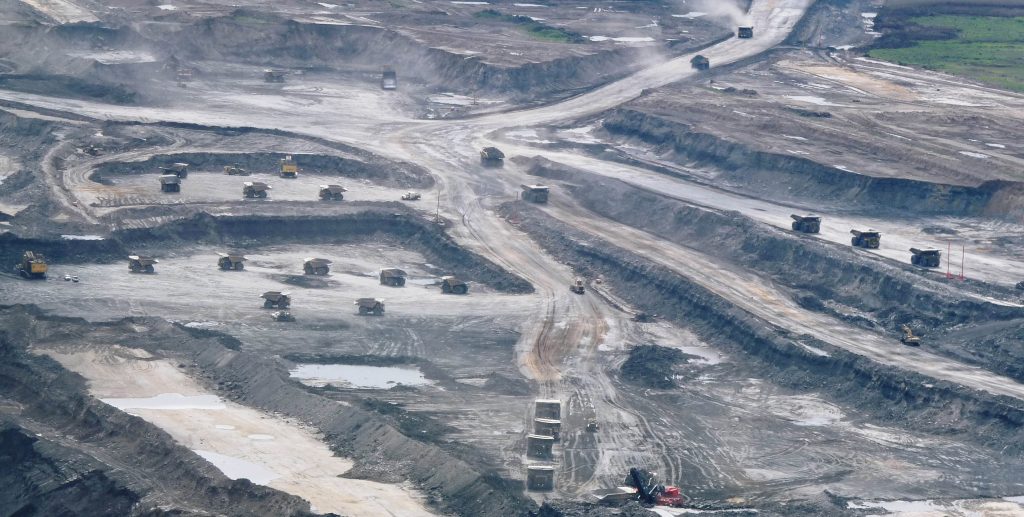Brussels, Tuesday October 4 – Friends of the Earth Europe has welcomed a decision by the European Commission to take steps to prevent oil from tar sands entering the European market.
The European Commission has announced it will assign higher carbon emission values to oil from tar sands than to other sources of fossil fuels in the Fuel Quality Directive – the EU initiative aimed at reducing greenhouse gas emissions from fossil fuels. [1]
Darek Urbaniak, extractive industries campaigner for Friends of the Earth Europe said: “The EU Commission has sent a clear message to Canadian and US policy makers that Europe does not want dirty fossil fuels. This is a bold step towards climate protection and is in defiance of unprecedented lobbying by the Canadian government and by the oil industry. Hopefully this decision indicates the beginning of the end of the drive toward unconventional fossil fuels development.”
Darek Urbaniak added: “This success could not have been achieved without strong support from campaign groups both in Europe and North America.”
The proposal still needs to be approved by national governments in the coming months. Tar sands are the most climate hostile energy source in commercial production today. Producing oil from tar sands emits on average three to five times more greenhouse gases than conventional oil production. [2]
The government of Canada has engaged in vociferous lobby efforts to block EU plans to reduce greenhouse gas emissions from fossil fuels. [3]
***
NOTES:
[1] Article 7a of the Fuel Quality Directive adopted in 2009 set a binding target to cut CO2 emissions from transport fuel production by 6% by 2020. The European Commission has adopted a proposal for greenhouse-gas (GHG) emissions values for different sources of fossil fuel as part of the fuel quality directive. It proposed a GHG emission value for oil from tar sands of 107 grammes of CO2 per megajoule of energy produced. The default value for conventional crude is 87.5g CO2/mj. The Commission proposed a value of 131.3g CO2/mj for shale oil and 172g for liquefied coal. [2] Tar sands exploitation also destroys pristine boreal forest and peatlands, produces huge quantities of toxic waste, pollutes air and water, devastates local wildlife and threatens the traditional livelihoods of indigenous communities. [3] Friends of the Earth Europe’s report ‘Canada’s dirty lobby diary – Undermining the EU Fuel Quality Directive’: is available here.





